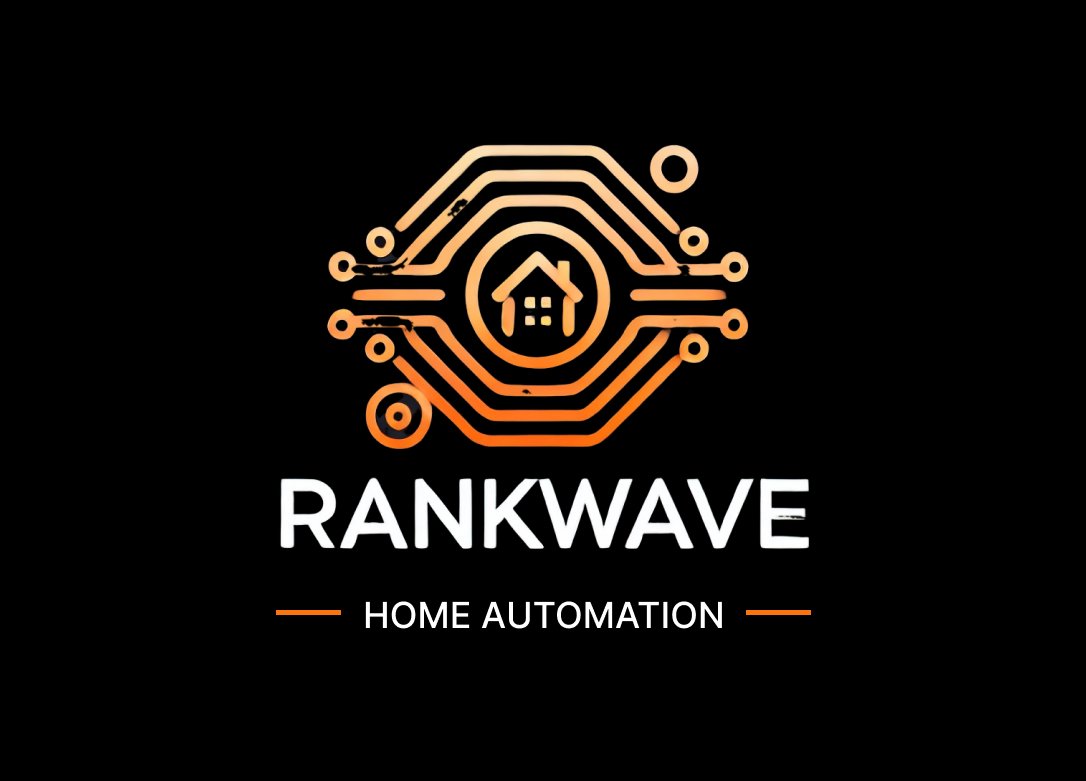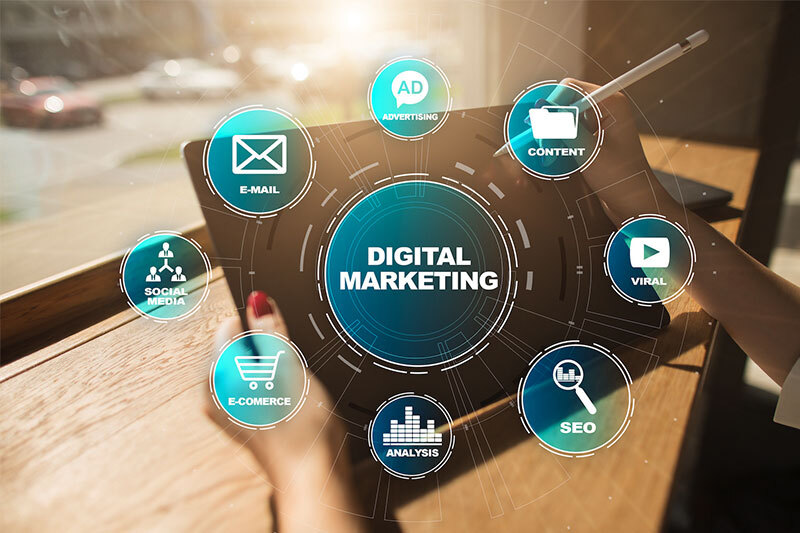In today’s fast-paced digital world, having a strong online presence is no longer optional—it’s essential. Whether you’re a small business owner, a marketer, or a startup founder, digital marketing is the key to reaching your target audience and driving growth. But what exactly is digital marketing, and how can you leverage it to your advantage? In this comprehensive guide, we’ll explore the fundamentals of digital marketing and provide actionable tips to help you navigate this dynamic field.
What is Digital Marketing?
Digital marketing refers to all marketing efforts that use an electronic device or the internet. Businesses leverage digital channels such as search engines, social media, email, and websites to connect with current and prospective customers. Unlike traditional marketing, digital marketing allows for more targeted and measurable campaigns, making it a powerful tool for businesses of all sizes.
Key Components of Digital Marketing
- Search Engine Optimization (SEO): SEO is the practice of optimizing your website to rank higher in search engine results pages (SERPs). By improving your site’s visibility, you increase the chances of attracting organic (non-paid) traffic. SEO involves keyword research, on-page optimization, link building, and content creation.Actionable Tip: Start by conducting a keyword analysis to identify the terms your target audience is searching for. Incorporate these keywords naturally into your website content, meta descriptions, and headings.
- Content Marketing: Content is king in the digital marketing realm. Content marketing focuses on creating valuable, relevant, and consistent content to attract and engage your audience. This includes blog posts, videos, infographics, and ebooks.Actionable Tip: Develop a content calendar and consistently publish high-quality content that addresses the pain points and interests of your target audience.
- Social Media Marketing: Social media platforms like Facebook, Instagram, Twitter, LinkedIn, and TikTok are powerful tools for connecting with your audience, building brand awareness, and driving traffic to your website. Each platform has its own unique audience and best practices.Actionable Tip: Identify the social media platforms where your target audience is most active and tailor your content to each platform’s strengths.
- Email Marketing: Despite the rise of social media, email remains one of the most effective digital marketing channels. Email marketing allows you to nurture relationships with potential customers, promote your products or services, and keep your audience engaged.Actionable Tip: Segment your email list based on user behavior, preferences, or demographics to send more personalized and relevant content.
- Pay-Per-Click (PPC) Advertising: PPC advertising involves paying for each click on your ads, which appear on search engines or social media platforms. Google Ads and Facebook Ads are among the most popular PPC platforms.Actionable Tip: Set a clear budget and use A/B testing to optimize your ads for better performance. Focus on targeting specific keywords and demographics to maximize your ROI.
- Analytics and Data-Driven Marketing: The beauty of digital marketing lies in its measurability. By analyzing data from your campaigns, you can gain insights into what’s working and what’s not. Tools like Google Analytics help you track user behavior, conversion rates, and other key metrics.Actionable Tip: Regularly review your analytics to make data-driven decisions. Adjust your strategies based on the insights you gain to improve future campaigns.
Why Digital Marketing Matters in 2024
The digital landscape is constantly evolving, with new technologies and platforms emerging regularly. In 2024, the importance of digital marketing is only set to grow. Consumers are spending more time online, and businesses need to meet them where they are. By investing in digital marketing, you can:
- Reach a Global Audience: Unlike traditional marketing, digital marketing allows you to reach a global audience with just a few clicks.
- Target Specific Demographics: With digital marketing, you can tailor your campaigns to specific demographics, increasing the chances of conversion.
- Measure and Optimize: Digital marketing provides real-time data, allowing you to measure the effectiveness of your campaigns and make adjustments on the fly.
Conclusion
Digital marketing is a powerful tool that can transform your business. By understanding its key components and staying updated on the latest trends, you can create effective campaigns that drive traffic, generate leads, and boost sales. Whether you’re just starting out or looking to refine your existing strategies, the time to invest in digital marketing is now. Embrace the digital age, and unlock the potential of your business in 2024.

